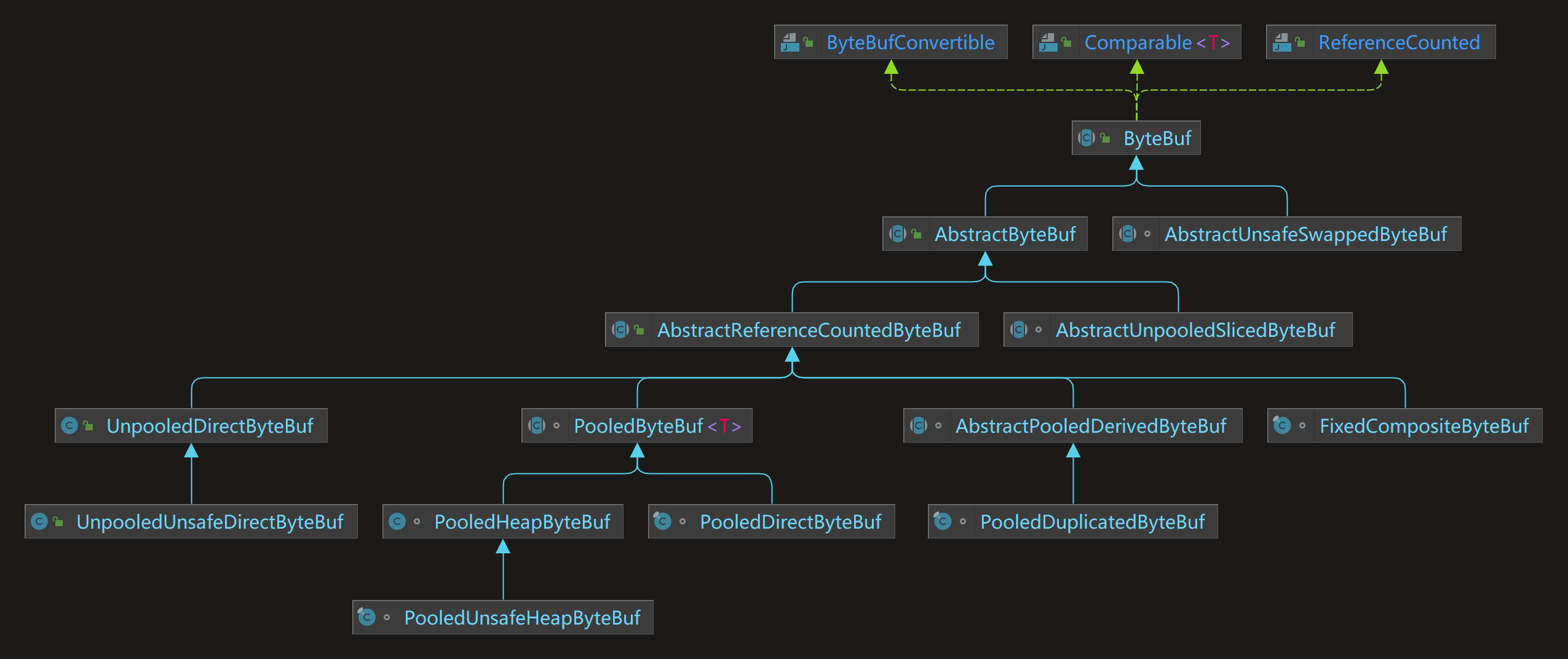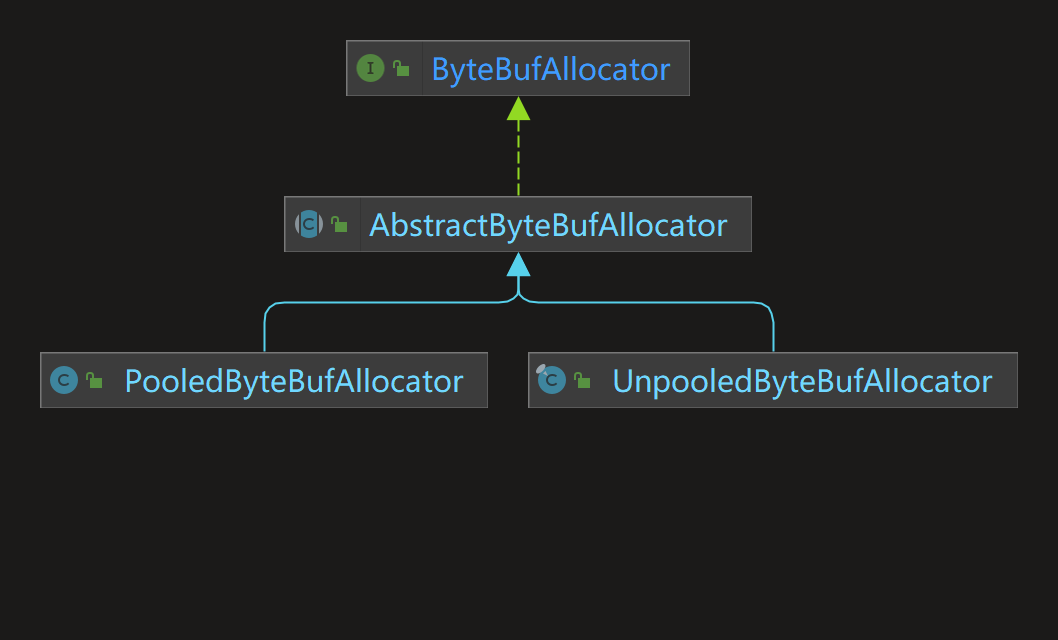1
2
3
4
5
6
7
8
9
10
11
12
13
14
15
16
17
18
19
20
21
22
23
24
25
26
27
28
29
30
31
32
33
34
35
36
37
38
39
40
41
42
43
44
45
46
47
48
49
50
51
52
53
54
55
56
57
58
59
60
61
62
63
64
65
66
67
68
69
70
71
72
73
74
75
76
77
78
79
80
81
82
83
84
85
86
87
88
89
90
91
92
93
94
95
96
97
98
99
100
101
102
103
104
105
106
107
108
109
110
111
112
113
114
115
116
117
118
119
120
121
122
123
124
125
126
127
128
129
130
131
132
133
134
135
136
137
138
139
140
141
142
143
144
145
146
147
148
149
150
151
152
153
154
155
156
157
158
159
160
161
162
163
164
165
166
167
168
169
170
171
|
package io.netty.channel.nio;
import io.netty.channel.Channel;
import io.netty.channel.DefaultSelectStrategyFactory;
import io.netty.channel.EventLoop;
import io.netty.channel.EventLoopTaskQueueFactory;
import io.netty.channel.MultithreadEventLoopGroup;
import io.netty.channel.SelectStrategyFactory;
import io.netty.channel.SingleThreadEventLoop;
import io.netty.util.concurrent.EventExecutor;
import io.netty.util.concurrent.EventExecutorChooserFactory;
import io.netty.util.concurrent.RejectedExecutionHandler;
import io.netty.util.concurrent.RejectedExecutionHandlers;
import java.nio.channels.Selector;
import java.nio.channels.spi.SelectorProvider;
import java.util.concurrent.Executor;
import java.util.concurrent.ThreadFactory;
/**
* {@link MultithreadEventLoopGroup} implementations which is used for NIO {@link Selector} based {@link Channel}s.
*/
public class NioEventLoopGroup extends MultithreadEventLoopGroup {
/**
* Create a new instance using the default number of threads, the default {@link ThreadFactory} and
* the {@link SelectorProvider} which is returned by {@link SelectorProvider#provider()}.
*/
public NioEventLoopGroup() {
this(0);
}
/**
* Create a new instance using the specified number of threads, {@link ThreadFactory} and the
* {@link SelectorProvider} which is returned by {@link SelectorProvider#provider()}.
*/
public NioEventLoopGroup(int nThreads) {
this(nThreads, (Executor) null);
}
/**
* Create a new instance using the default number of threads, the given {@link ThreadFactory} and the
* {@link SelectorProvider} which is returned by {@link SelectorProvider#provider()}.
*/
public NioEventLoopGroup(ThreadFactory threadFactory) {
this(0, threadFactory, SelectorProvider.provider());
}
/**
* Create a new instance using the specified number of threads, the given {@link ThreadFactory} and the
* {@link SelectorProvider} which is returned by {@link SelectorProvider#provider()}.
*/
public NioEventLoopGroup(int nThreads, ThreadFactory threadFactory) {
this(nThreads, threadFactory, SelectorProvider.provider());
}
public NioEventLoopGroup(int nThreads, Executor executor) {
this(nThreads, executor, SelectorProvider.provider());
}
/**
* Create a new instance using the specified number of threads, the given {@link ThreadFactory} and the given
* {@link SelectorProvider}.
*/
public NioEventLoopGroup(
int nThreads, ThreadFactory threadFactory, final SelectorProvider selectorProvider) {
this(nThreads, threadFactory, selectorProvider, DefaultSelectStrategyFactory.INSTANCE);
}
public NioEventLoopGroup(int nThreads, ThreadFactory threadFactory,
final SelectorProvider selectorProvider, final SelectStrategyFactory selectStrategyFactory) {
super(nThreads, threadFactory, selectorProvider, selectStrategyFactory, RejectedExecutionHandlers.reject());
}
public NioEventLoopGroup(
int nThreads, Executor executor, final SelectorProvider selectorProvider) {
this(nThreads, executor, selectorProvider, DefaultSelectStrategyFactory.INSTANCE);
}
public NioEventLoopGroup(int nThreads, Executor executor, final SelectorProvider selectorProvider,
final SelectStrategyFactory selectStrategyFactory) {
super(nThreads, executor, selectorProvider, selectStrategyFactory, RejectedExecutionHandlers.reject());
}
public NioEventLoopGroup(int nThreads, Executor executor, EventExecutorChooserFactory chooserFactory,
final SelectorProvider selectorProvider,
final SelectStrategyFactory selectStrategyFactory) {
super(nThreads, executor, chooserFactory, selectorProvider, selectStrategyFactory,
RejectedExecutionHandlers.reject());
}
public NioEventLoopGroup(int nThreads, Executor executor, EventExecutorChooserFactory chooserFactory,
final SelectorProvider selectorProvider,
final SelectStrategyFactory selectStrategyFactory,
final RejectedExecutionHandler rejectedExecutionHandler) {
super(nThreads, executor, chooserFactory, selectorProvider, selectStrategyFactory, rejectedExecutionHandler);
}
public NioEventLoopGroup(int nThreads, Executor executor, EventExecutorChooserFactory chooserFactory,
final SelectorProvider selectorProvider,
final SelectStrategyFactory selectStrategyFactory,
final RejectedExecutionHandler rejectedExecutionHandler,
final EventLoopTaskQueueFactory taskQueueFactory) {
super(nThreads, executor, chooserFactory, selectorProvider, selectStrategyFactory,
rejectedExecutionHandler, taskQueueFactory);
}
/**
* @param nThreads the number of threads that will be used by this instance.
* @param executor the Executor to use, or {@code null} if default one should be used.
* @param chooserFactory the {@link EventExecutorChooserFactory} to use.
* @param selectorProvider the {@link SelectorProvider} to use.
* @param selectStrategyFactory the {@link SelectStrategyFactory} to use.
* @param rejectedExecutionHandler the {@link RejectedExecutionHandler} to use.
* @param taskQueueFactory the {@link EventLoopTaskQueueFactory} to use for
* {@link SingleThreadEventLoop#execute(Runnable)},
* or {@code null} if default one should be used.
* @param tailTaskQueueFactory the {@link EventLoopTaskQueueFactory} to use for
* {@link SingleThreadEventLoop#executeAfterEventLoopIteration(Runnable)},
* or {@code null} if default one should be used.
*/
public NioEventLoopGroup(int nThreads, Executor executor, EventExecutorChooserFactory chooserFactory,
SelectorProvider selectorProvider,
SelectStrategyFactory selectStrategyFactory,
RejectedExecutionHandler rejectedExecutionHandler,
EventLoopTaskQueueFactory taskQueueFactory,
EventLoopTaskQueueFactory tailTaskQueueFactory) {
super(nThreads, executor, chooserFactory, selectorProvider, selectStrategyFactory,
rejectedExecutionHandler, taskQueueFactory, tailTaskQueueFactory);
}
/**
* Sets the percentage of the desired amount of time spent for I/O in the child event loops. The default value is
* {@code 50}, which means the event loop will try to spend the same amount of time for I/O as for non-I/O tasks.
*/
public void setIoRatio(int ioRatio) {
for (EventExecutor e: this) {
((NioEventLoop) e).setIoRatio(ioRatio);
}
}
/**
* Replaces the current {@link Selector}s of the child event loops with newly created {@link Selector}s to work
* around the infamous epoll 100% CPU bug.
*/
public void rebuildSelectors() {
for (EventExecutor e: this) {
((NioEventLoop) e).rebuildSelector();
}
}
@Override
protected EventLoop newChild(Executor executor, Object... args) throws Exception {
SelectorProvider selectorProvider = (SelectorProvider) args[0];
SelectStrategyFactory selectStrategyFactory = (SelectStrategyFactory) args[1];
RejectedExecutionHandler rejectedExecutionHandler = (RejectedExecutionHandler) args[2];
EventLoopTaskQueueFactory taskQueueFactory = null;
EventLoopTaskQueueFactory tailTaskQueueFactory = null;
int argsLength = args.length;
if (argsLength > 3) {
taskQueueFactory = (EventLoopTaskQueueFactory) args[3];
}
if (argsLength > 4) {
tailTaskQueueFactory = (EventLoopTaskQueueFactory) args[4];
}
return new NioEventLoop(this, executor, selectorProvider,
selectStrategyFactory.newSelectStrategy(),
rejectedExecutionHandler, taskQueueFactory, tailTaskQueueFactory);
}
}
|


